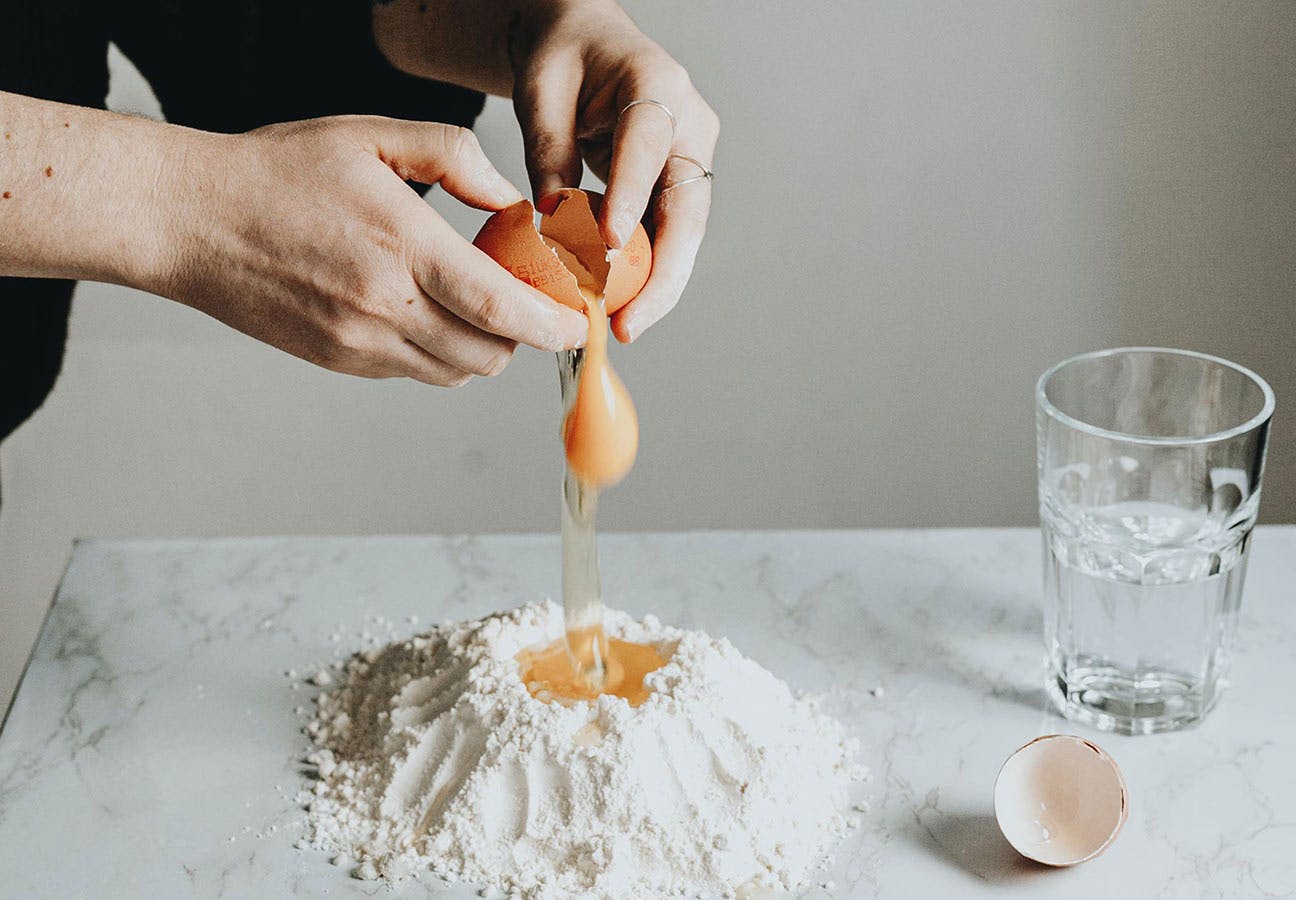0 minute read
The Link Between our Gut and Mental Health
Did you know your mood is determined by your gut? Raj Barker explains the link between the gut and mental health via the nervous system, and how to support both so that you can thrive.
MENTAL HEALTH AND THE GUT MICROBIOME ARE NOT TWO SEPERATE THINGS
Instead, consider them to be integrated, functioning side-by-side one another in full support of you.
Try thinking of the gut and brain as best friends.
The two are constantly in communication with each other, literally chatting to one another right now.

THERE’S A NUMBER OF DIFFERENT WAYS THE GUT WILL COMMUNICATE WITH THE BRAIN
It can send signals through the vagus nerve - which is an information super highway between the brain and the gut that makes up the main nerves of the nervous system.
It can create neurotransmitters and hormones: 90% of serotonin (the “happy” hormone) is produced in the gut. Serotonin is responsible for making us feel vibrant with energy and enables positive, uplifted moods.
A lot of us believe that our moods are dictated by our brain, they are in fact, determined by your gut. Our gut is also the home of many pre-cursers to our hormones such as 5TP. 5TP is produced in the gut and crosses the blood brain barrier into our brain and therefore directly impacts out memory, mood and cognitive function.
Think of the phrase: The gut is the second brain. We are a super-organisms. We are not, (insert your name here), functioning in isolation. Instead, we are a sum of moving parts coming together to create a whole (you). We house an entire community of living creatures (here’s looking at you, microbiome).
While these creatures aren’t detectable to the naked eye, they are most definitely present and active internally and externally in the body and they are a major part of what makes you who you are. These living creatures potentially impact the cravings that you have for food, your mood, how you think, your memory (aka your cognition).
It’s fascinating to contemplate the power they have within our bodies. But - don’t allow that to discourage your ability to manipulate these creatures to function at a level that serves you immensely. How, you ask? By managing your diet, sleep, exercise, and stress exposure, to benefit where you are at and what you are hoping to achieve.
It doesn’t happen all at once and it does require consistency, but the outcome can be incredibly powerful.
You have the ability to literally recreate yourself based on the food you nourish yourself with, the way you choose to move your body, the environment you choose to spend your time in (eg. Inside vs outside) etc, etc, etc.
Reminding ourselves of this ability is such a profound way to connect to the potential we have as individuals.
WE HAVE FOOD AND MOOD. WE HAVE MICROMBES AND CIRCADIAN RHYTHM
There is also an interconnection between our gut microbes and our circadian rhythm.
All life on this planet has a circadian rhythm. That includes us as humans, that also includes plants and our gut microbiome.
Insulin sensitivity peaks early in the morning as a result of gut microbes and as the day goes on, you become more insulin resistant. You will see a higher blood sugar in the evening as compared to the morning and that is because of your gut microbiome.

We can support these rhythms by adjusting our diet to ensure we are consuming:
+ Good quality sources of protein to keep our blood sugar levels stable. Eg. Eggs, tempeh, lean meat, protein powder
+ Unrefined carbohydrates to ensure we are eating enough dietary fibre. Eg. Fresh fruit and vegetables
+ Healthy fats to support out satiety and inflammatory levels Eg. Avocados, olive oil, small, oily fish
+ Fermented foods that contain probiotics to help feed good microbes, for example: Sauerkraut, kefir, kim chee, full-fat Greek or plain yogurt
Moving towards this microbiome-enhancing lifestyle is not about reducing or removing certain foods, it’s rather about building more abundance into it.
We are better able to thrive on abundance and variety as opposed to restriction.
Contemplate what you can add more of into your diet from the four suggestions listed above. Remove the pressure to make it all four, all at once and start with the one that you feel resonates most with you.
We’ll discuss the mental tools you can implement in Part 2 of this article. Stay tuned!
Raj Barker
Nutrition & Movement Expert
Share